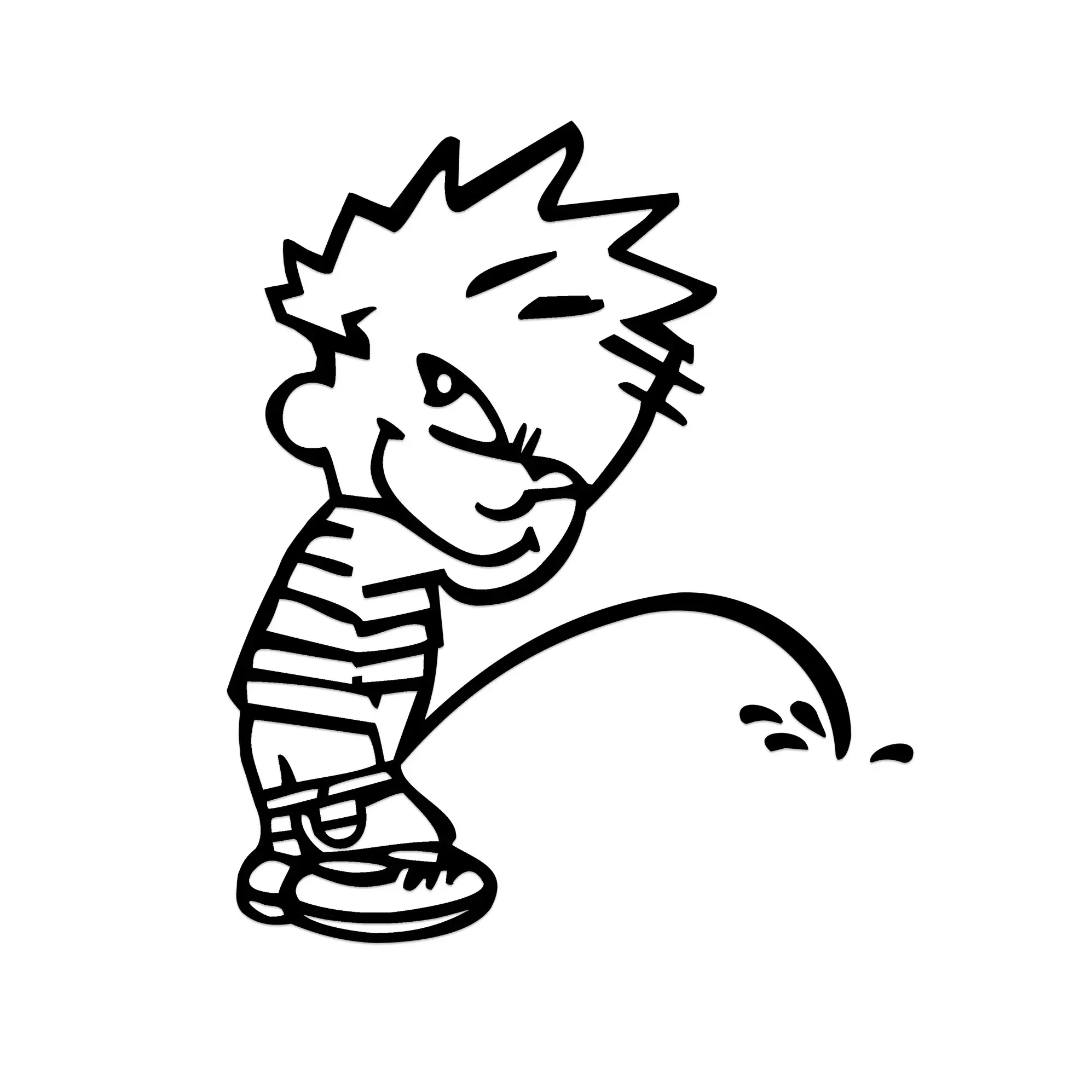After the October Revolution of November 1917, Semashko served as head of the Health Department of the Moscow City Council, and from July 1918 to 1930 he held the post of Commissar of Health of the RSFSR. Under Semashko’s leadership, work was carried out to combat epidemics, the foundations of Soviet public health were laid, and a system of protection of motherhood and childhood and the health of children and adolescents and a network of medical research institutes were created.
In the Semashko model, medical services are provided by a hierarchy of state institutions under the supervision of Ministry of Healthcare and are financed from the national budget.[1] For the country’s citizens, medical services are free and equal, with an emphasis on social hygiene and prevention of infectious diseases.[1] The model features publicly owned medical facilities, salaried health workers, large providers of primary healthcare and an exceptionally high degree of governmental administration, providing a universal healthcare.
Also he was apparently a big proponent of gay right in the USSR.



Ok so that’s where it comes from.